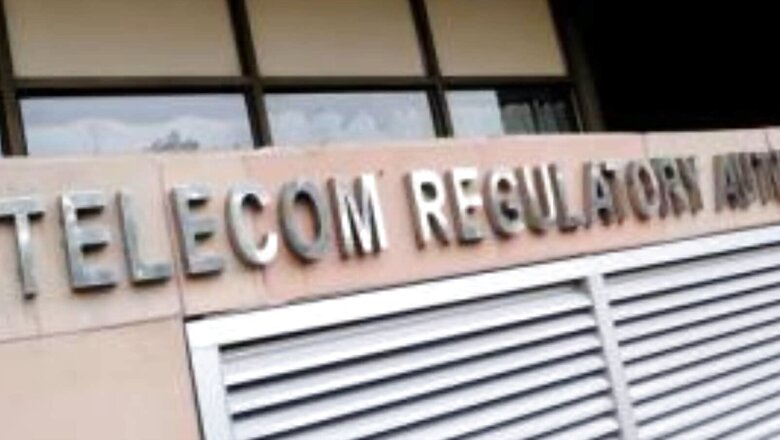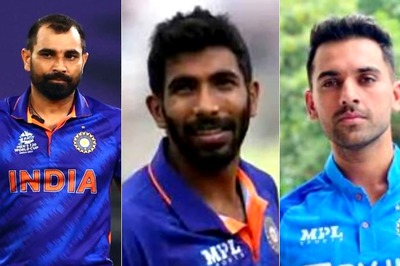
views
The Delhi High Court Monday stayed a single-judge order which upheld Central Information Commission’s (CIC) direction to telecom regulator Trai to collect and furnish information about alleged tapping of a mobile user’s phone. A bench of Chief Justice D N Patel and Justice Jyoti Singh, hearing Trai’s appeal against the single judge order, said that a prima facie case for grant of stay had been made out.
Balance of convenience is in favour of the appellant (Trai). Irreparable damage will be caused (if the single judge order is not stayed), the court said. The court directed that the matter be listed for final hearing on December 13.
Advocate Maneesha Dhir, appearing for Telecom Regulatory Authority of India (Trai), argued that it had no information pertaining to phone tapping and surveillance which is carried out with the approval of the Union Home Ministry under the Indian Telegraph Act. Any such information has to be given by the service provider concerned, she said.
Advocate Kanika Singhal, counsel for the mobile phone user, lawyer Kabir Shankar Bose who had filed an RTI seeking information on whether his phone was being tapped, said the issue pertained to the right to privacy and under the Right to Information Act, Trai, being a public authority, had the power to call upon the service provider to furnish the information sought. The high court had issued notice to Bose on Trai’s appeal and stay application in December 2018.
Trai, in its appeal, has contended that only law enforcement agencies are authorised to intercept or tap phones and disclosure of the same would render such actions infructuous.
The telecom regulator said that directions for interception of a phone number are issued only by government officials of certain ranks and such information cannot be collated by Trai and furnished to a consumer/subscriber as it would “prejudicially affect the sovereignty and integrity of the nation”.
It has also contended that such information, pertaining to security of the nation, is exempted from disclosure under RTI Act. Bose had moved the CIC after his telecom service provider, Vodafone, declined his request for information on whether his phone was being tapped.
The company had claimed that it did not come under the ambit of the RTI Act. He had then moved Trai which said it did not have the information he had asked for. Subsequently, the CIC in its September 12, 2018 order asked Trai to obtain the information from the telecom company and to provide it to Bose.
Trai challenged it in the high court and the single judge on November 20, 2018 upheld the CIC decision saying that Trai has the powers to call for any information or conduct an investigation where it considers expedient. The single-judge order also said that Trai has the obligation to get the information from the private body and furnish the same to the subscriber, Bose.
Read all the Latest News, Breaking News and Coronavirus News here.

















Comments
0 comment